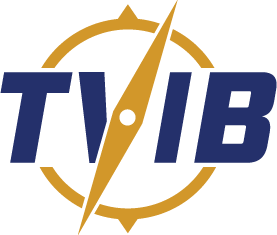USCG: Final Rule for Towing Vessel Firefighting Training
On October 23, 2023, the Office of Merchant Mariner Credentialing issued a final rule revising the training requirements for national Merchant Mariner Credential endorsements as master of towing vessels (limited) or mate (pilot) of towing vessels on inland waters (other than the Great Lakes) or Western Rivers routes.
The modified basic firefighting course is limited to towing vessel endorsements for Western Rivers and inland waters other than the Great Lakes. Mariners seeking towing vessel endorsements for other routes must complete a basic firefighting course.
The effective date of this rule is April 1, 2024.
Click here to download the full bulletin.
